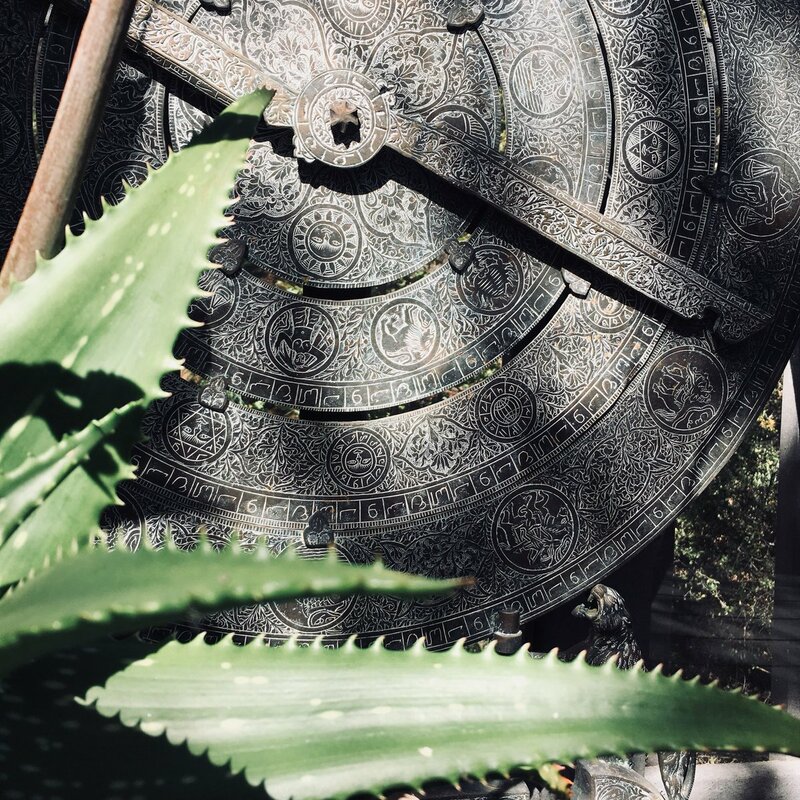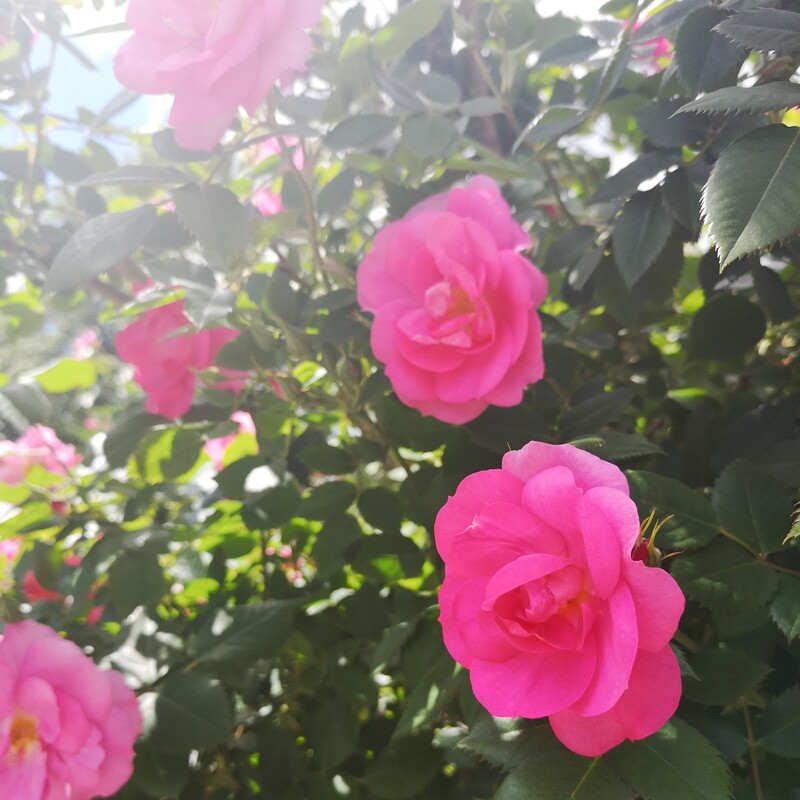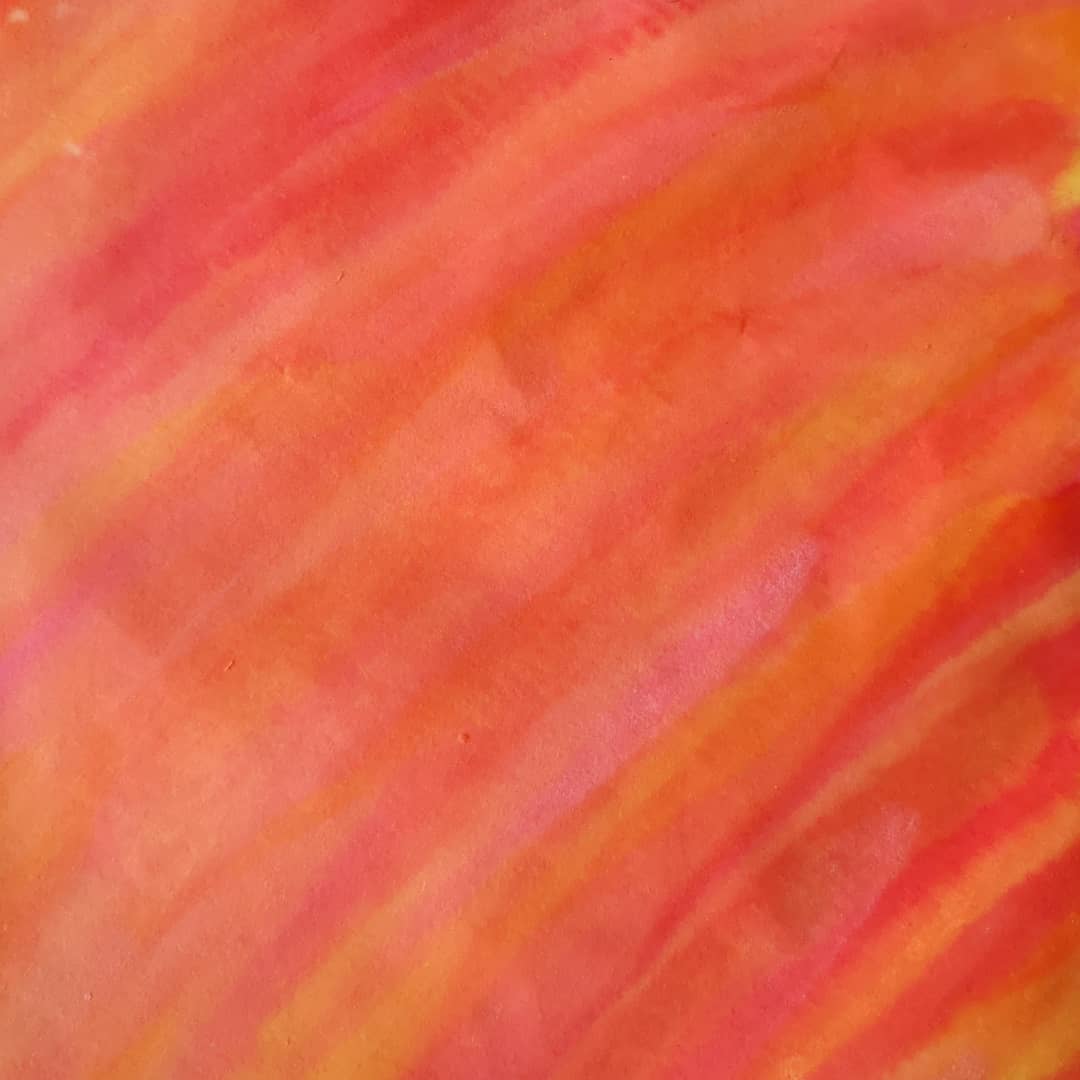|
what is authenticity? when we create ourselves, do we become more or less authentic? this question has been low-key plaguing me ever since i first heard about authenticity. i was 10. in grade 5, i was one of the oldest kids in my elementary school and i made sure i was a soloist in the school choir. i kind of wanted to be a star. avril lavigne's debut album, let go, was pretty new and i listened to it on repeat. i thought it was the height of coolness. it resonated so much with me. sometimes i remember myself at 10 years old singing "i might've put up with that when i was 14 and a little more green" with all the conviction in the world and i smile. bless 10-year-olds. when i was 10, there was this big televised singing competition that everyone really loved to watch in my community because one of the most popular contestants was from a small town nearby. one day, i asked my mother why this contestant was so popular. "people find him authentic," she said. i had never heard or read that term before, so she explained what it meant: "people who are authentic are their real selves. they don't change for others." i was preoccupied. why did the viewers think this contestant was more authentic than the others? i could understand why his mannerisms on a surface level seemed authentic: he was provincial, rugged and rustic, with a thick accent and manners every bit appropriate to the fisherman he'd been before the competition. but why was this authentic? and why was the other contestants' artistic expression not perceived as authentic? the thing is, this contestant acted just like every man in my community. i asked myself if authenticity was just playing "the roles we were born to fill" (this is a quote from mona lisa smile, a movie that is about authenticity, if you really think about it). this seemed wrong to me. acting like every girl in my community sure didn't sound like an authentic way for me to be. now, i look back and i understand that it wasn't really authenticity that seduced viewers, but the embodiment of a stereotype that suited everyone. people from urban centres watched and this stereotype comforted them because it allowed them to pin down the people of my community --- to put us in a box and not have to try to understand our differences. people from my community watched and this stereotype also comforted them. i think it allowed us to live vicariously through the contestant while not changing anything or confronting anything about ourselves. by staying small and comfortable. there is this expression in french circles in canada (i have never heard it in the particular community i grew up in, but the sentiment was there): "when we're born for a small loaf of bread..." (quand on est né pour un petit pain) it implies that we are born for small things in this life and that to hope or ask or wish or even work for more is foolish and messing with the natural order of things. in many ways, it's, i guess, a knee-jerk reaction to the "american dream." i call the pervasive idea that we are born for small things "small loaf syndrome" (i don't think i invented this, but i can't find a source, so maybe i did?). i've always thought that small loaf syndrome was ridiculous and that i didn't catch it. in my last therapy session, i talked about seeing the movie rocketman several times (don't act surprised). "why do you think you liked it so much?" my therapist asked. "do you think it's because you're an artist?" i was gobsmacked. how dare she call me an artist? this thought painfully echoed a thought at the core of my self-talk: how dare you call yourself an artist? and a sentiment i perceived from my entourage: how dare you be artistic? i remember when i was a teenager and dreaming of moving to the big city i live in now seemed like dreaming of a big loaf. how romantic and exciting the city seemed. i had all these fantasies of city life in which i realize now, in hindsight, i was an artist in every way but my occupation, which was always something sensible. but didn't i want to be an artist when i was 10? yes. indeed. i wanted to be a star, i think were my exact words. later, in middle school, i discovered classical music and i wanted to become a musician. i wrote a few songs, too, and i arranged let it be for a wind quintet, but i didn't think anything of it. then, high school came around and with it a new music teacher, one who seemed to be adamant to sap the very art and fun from all music-making, leaving it dry, drab and technical. this music teacher had an electronic metronome she would plug into gigantic speakers. she would turn the volume up as loud as she could. then, with the metronome clacking in our ears, she would lean over the first row of chairs clapping her hands with what i perceived to be barely contained violence. i sat in the first row. it's like the metronome and the handclaps yanked bits of fun from us students with every clack. as a person who is highly sensitive to sound, emotional atmospheres and heat especially (the music classroom was always hot; it trapped the heat in and then we kids were so stressed we were emanating heat like we were lost in the arctic), i left every rehearsal exhausted and grumpy. this is kind of what brought me to tears when i first watched rocketman. the entire story is extremely sad, don't get me wrong, but here's what made me cry (i wouldn't consider it spoiler-y): when elton is about 7 (?), he starts getting into classical music. there is a scene showing him staying up past bedtime reading a score (it looks like an orchestra conductor score but i'm not 100% sure). he imagines himself conducting an orchestra playing rocket man. he imagines the orchestra. the musicians are all looking at him so earnestly. almost lovingly. some of them are even smiling at him. then, elton gets to the piano. this is a piano concerto and he's the star. this scene is so joyful and pure. it shows us that this is what music originally was to elton: a fun, second-nature form of expression. later in the movie, it's made clear that as addiction and other mental health issues start taking centre stage, fun disappears from music-making. there are all these montages of elton john performing and looking absolutely miserable. when elton hits rock bottom, his 7-year-old self appears again with the melody to rocket man. it's beautiful! anyway. it just really moved me to see that joy and see it slowly lost. it reflected my experiences in a way i didn't understand right away. i think that knowing and embracing what brings us joy is a big part of authenticity. maybe that's the way in which the contestant on the televised singing competition was actually authentic. he knew music brought him joy. so, he dared. i don't want to pretend to have all the answers, and especially not to the question "what is authenticity?" discovering personal authenticity is a long, thrilling journey. i think my 30-day introspection challenge, over a few days ago, really helped me travel along that path. i want to pursue joy. i want to pursue a large loaf of chocolate-chip bread sprinkled with sugar crystals. i want to pursue myself.
0 Comments
Leave a Reply. |
the cluba small collective dedicated to personal, creative, and communal growths. Archives
January 2021
Categories
All
|



